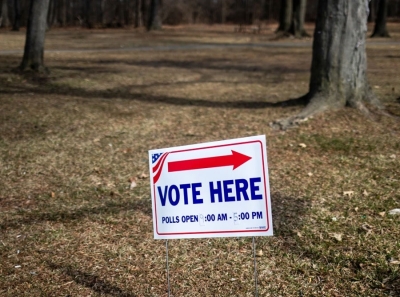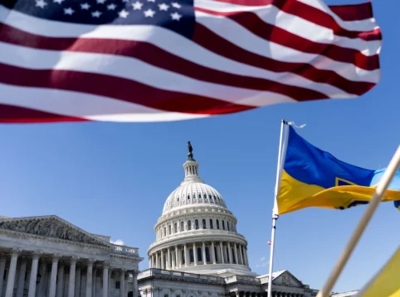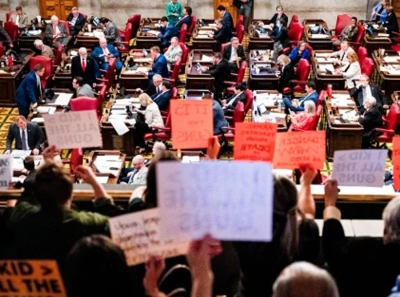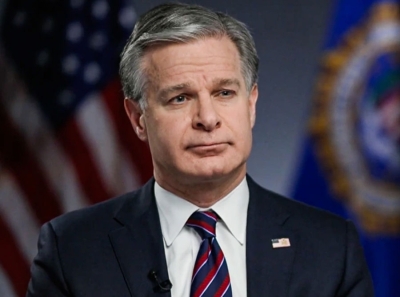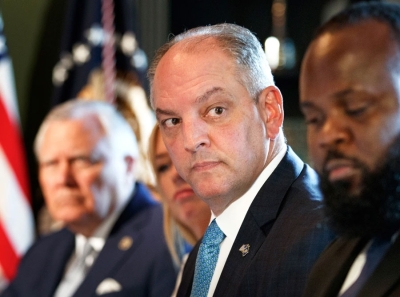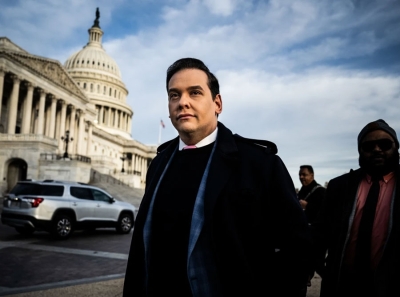What impact will the SVB collapse have?
The US Federal Deposit Insurance Corporation on Friday took control of Silicon Valley Bank (SVB), which specialises in technology startups. This is the biggest bank failure since the financial crisis of 2008/2009. The Federal Reserve has set up a new lending programme to prop up other banks in response. Commentators worry not only about the direct consequences of the collapse but also about the potential reactions.
Collateral damage
The US Federal Reserve’s monetary policy bears some of the blame for this fiasco, interjects economist Domenico Sinisclaco in La Repubblica:
“The negative consequences [of the latestet interest rate hikes] for individual banks were foreseeable, especially if they had financed companies in the early stages of their existence. ... As interest rates rose, the value of the bonds on the SVB’s balance sheet began to fall more than at other banks. The bank’s capital was not sufficient to absorb this loss in value. So the management, which certainly made mistakes, began selling the bonds below the issue price to raise 2.7 billion dollars in new capital with the help of Goldman Sachs. ... But instead of boosting confidence these two common measures triggered panic.”
Reviving bad memories
The web portal Documento is alarmed:
“So we have arrived at ‘Black Friday’ for the banks, as it has been called, which has led to initial nervousness on the markets, and now all eyes are on the opening of the markets on Monday [today]. All this amid fears of a domino effect of (negative) developments, raising the question: Did we learn ‘our’ lesson from the 2008 crisis? In any case, the skeleton remains in the closet. Along with memories of a crisis that never ended.”
A touchstone for regulations
The Frankfurter Allgemeine Zeitung argues that it would be premature to see the bankruptcy as the start of a new financial crisis:
“The SVB’s collapse is due to a fundamental misjudgement on the part of its management. The idea was impressive: deposits were put into long-dated bonds, which seemed attractive in times of low interest rates. However, this business strategy didn’t work out. ... Would it be wise to dismiss this failure as an isolated phenomenon? Again, the answer is no. It will soon become clear which bank has similar interest-rate explosives on its books. The answer to the question of whether the regulations that emerged from the financial crisis, often criticised as too harsh, were actually strict enough will be show whether a financial crisis 2.0 is looming.”
Secure savings but don’t save banks
Governments must not repeat the mistakes of 2008, warns The Daily Telegraph:
“Depositors have to be protected, and with public funds if necessary. If you have money in the bank you need to be able to get it out. Anything else guarantees a full-blown collapse in confidence in every form of financial institution, and very quickly in paper currencies as well. But unlike 2008 and 2009, the banks themselves should be closed. If bondholders and shareholders lose their shirts, then that’s just bad luck. We can’t return to bailing out failed bankers all over again.”
Startups collapse without cheap money
Webcafé is not surprised by the collapse:
“Investing in start-ups that accumulate huge sums of money without producing anything works as long as you can get cheap financing — which is, however, no longer the case since the Fed raised interest rates. It is also dangerous in the real economy when interest rates start to rise, but there you are protected by the intrinsic value of the goods and services you sell. ... But for a startup with an idea for a dog food home delivery app, the increase in interest rates can be the end of the road because its only income is new investment in that idea. It’s not worth anything in and of itself.”
